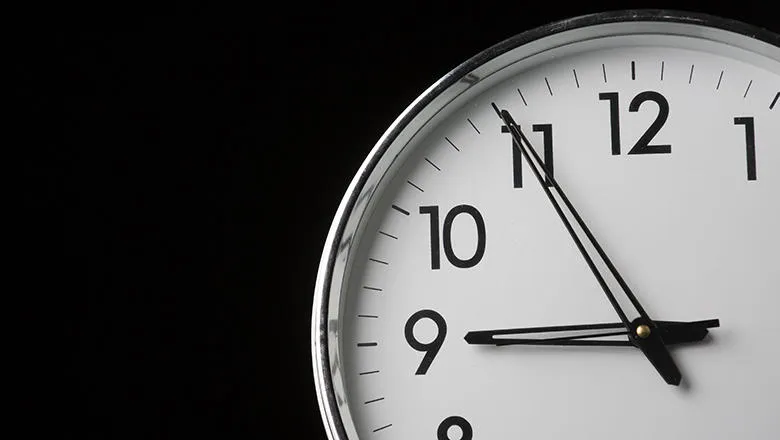20 June 2024
Study finds timing of cancer treatment could have impact on survival
The timing of treatment for patients with some types of cancer could have a “significant beneficial impact” on survival time, according to groundbreaking new research.

In a study of more than 70 patients being treated for metastatic melanoma, those who received the majority of their immunotherapy treatments in the morning had “strikingly higher” overall survival time than those who received most of their treatments in the afternoon.
The study authors found the median overall survival for the morning cohort was more than twice as long for those in the afternoon group, with particular benefits for female patients and those aged 65 and older.
Researchers say the result adds weight to emerging evidence that circadian rhythm plays an important role in treatments for cancer such as immunotherapy.
They said: “Our research contributes to the growing body of evidence that suggests a significant beneficial impact of performing immunotherapy in the morning on patient outcomes.
“Further, we find suggestive evidence of more expressive positive impacts of morning infusions on particular subgroups: women, older patients, and patients with a lower tumour burden at the start of immunotherapy.
“This unlocks the possibility of changing the disease’s course just by changing the timing of treatment administration, which may deliver substantial gains at low cost.”
For the study, the researchers examined data from 73 patients with metastatic melanoma – a type of skin cancer that has disseminated to other areas in the body. The data covered a seven-year period, from 2016 – 2022, and patients were split into two groups; those who had received fewer than 75 per cent of treatment infusions after 14.00 (morning group), and those who received at least 75 per cent of infusions after 14.00 (afternoon group).
While data showed the median overall survival for the group was 24.2 months, the researchers found overall survival was “strikingly higher” in the morning group: a median of 38.1 months versus 14.2 months in the afternoon group.
The research team included Dr Teresa Esteban-Casanelles, from the Department of Political Economy at King’s College London, and the results were published in the journal Cells.
Study co-authors were: Lisa Gonçalves, Duarte Gonçalves, Tiago Barroso, Inês Soares de Pinho, Raquel Lopes-Brás, Miguel Esperança-Martins, Vanessa Patel, Sofia Torres, Rita Teixeira de Sousa, André Mansinho and Luís Costa.
Read more...
You can read the study in full here: Immunotherapy around the Clock: Impact of Infusion Timing on Stage IV Melanoma Outcomes.

